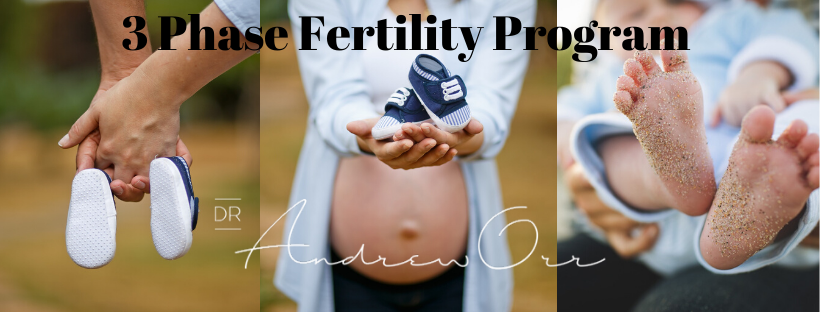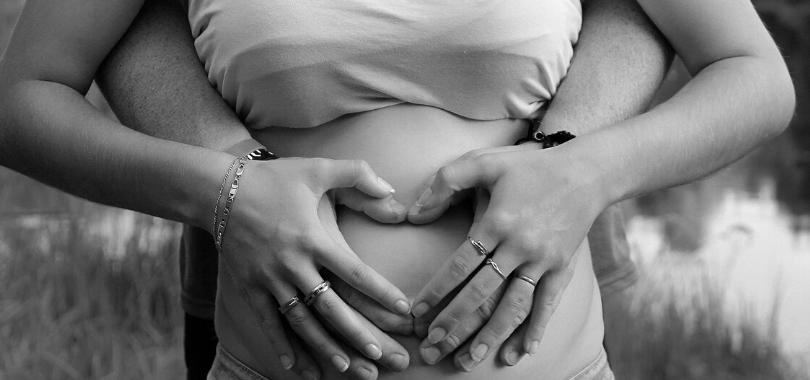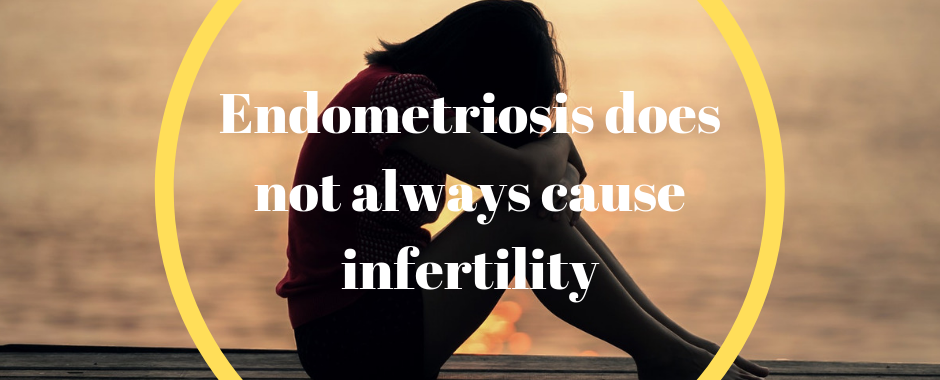- Are you struggling to fall pregnant?
- Have you had multiple failed cycles of IVF, or Assisted Reproductive Therapies?
- Do you want to know ways to increase your chances of pregnancy?
- Do you feel like your fertility specialist, GP, or gynaecologist isn’t listening to you?
- Could you have had things missed in your fertility investigations?
- Do you just want proper answers to why you aren’t conceiving?
- Have both you and your partner been evaluated properly?
- Are you considering IVF, or Assisted Reproductive Therapies and want to know more?
Dr Andrew Orr’s clinic is now offering a “3-phase multimodality fertility program”, which is also part of “The International Fertility Experts” program, for those who don’t wish to join our full fertility program straight away.
Who runs the program?
This new 3-phase program is run by ‘International Fertility Expert’ – Andrew Orr, who has over 20 years of experience in assisting reproductive and women’s health conditions.
Andrew has been awarded a Masters of Reproductive Medicine and a Masters of Women’s Health Medicine through the faculty of medicine at the university of New South Wales (UNSW). Dr Andrew Orr is also a doctor of Traditional Chinese Medicine, nutritionist, integrative medicine practitioner and more. Combining both his western and complementary medicine background, he brings a true integrative/multimodality approach to fertility.
What is involved with the 3 Phase Fertility Program?
Many couples/individuals that come to our clinic are often unsure what to do next when it comes to trying to have a baby. The new 3-phase multimodality fertility program allows couples/individuals to have consultation and guidance about their fertility journey before committing to the next 2 phases of the fertility program.
It also allows people the chance to hear the advice and guidance given and for them to go away and think about what they would like to do next.
1. Phase 1 of the program- “Initial Consultation & Fertility Education (2 hours)”
Phase 1 of the 3-phase fertility program begins with a 2 hour initial “No Stone Left Unturned” consultation/fertility education session with Dr Andrew Orr.
Phase 1 involves:
- Preliminary workup of case history and questionnaire review.
- 2-3 hour consultation and fertility education
- Comprehensive health questionnaires & online questionnaires (sent prior to initial consultation)
- Review of pathology, medical investigations, etc.
- A 10-20 page report and management plan (written prior to your arrival).
What happens after Phase 1?
After phase 1, people can then decide what they want to do with the information and recommendations that they have been given. Rather than waste the information and advice given, people are recommended to do the next two phases.
*Phase 2 and Phase 3 of the multimodality fertility program are only for those people who to continue with the program after Phase 1.
We highly recommend that Phase 1 followed by Phase 2 and Phase, which includes preconception care, extensive fertility investigations, multimodality treatments, diet & lifestyle advice, nutrition, medicines and supplementation, acupuncture and herbal medicines, and everything I couple will need to know and do as part of their ongoing fertility management. It is a very extensive multimodality fertility program which includes both medical science and complementary medicines combined.
2. Phase 2 of the program- “Review consultation & medicines/supplements prescribed”
Phase 2 involves:
- 1-hour review consultation with master of reproductive medicine- Dr Andrew Orr (review of management/treatment plan, further fertility education, questions answered).
- First lot of medicines and nutritional and vitamin supplements (for both partners).
- Referrals for fertility testing/investigations/procedures and referral to other specialists if needed.
- Fertility information pack.
*Please note that testings and investigations will come at an extra cost and are not included in the 3 phase fertility program.
3. Phase 3 of the program- “Ongoing Treatments & Fertility Management”
Phase 3 involves:
- Ongoing Acupuncture
- Ongoing consultations and review consultations (those not local will do online consultations)
- Ongoing medicines and nutritional supplements
- Further testing and procedures (if needed)
*Please note that ongoing services, treatments, medicines/supplements, testings and procedures etc, all come at an extra cost. Some services may also be claimable under private health insurance. Online consultations are only available to those people who are not local, or who are living interstate, or overseas.
Final Word
Please note that the 3-Phase Fertility Program is a little bit cheaper and little different to our full fertility program. Please talk to our staff about these differences and which program would suit you best.
[Special Note- Please note that due to legal and ethical guidelines for fertility management, all males must be involved in any part of investigations and ongoing fertility treatment/management. We cannot see a female on their own, unless they are single and using donor sperm, or in a same sex relationship]
Dr Andrew Orr’s vision is to help every couple, or single patient, get the right care, right investigations, proper treatment and management to help with increasing their chances of conceiving.
Through Dr Andrew Orr’s multimodality management fertility program, that combines ancient and modern science, he aims to deliver his “No Stone Left Unturned” for anyone wanting to have a baby.
For more in depth information about our 3-phase Fertility Program and Full Fertility Program, or to book in, please call our friendly clinic staff on 61+07 3832 8369, or email us at info@drandreworr.com.au
-No Stone Left Unturned
-Master of Reproductive Medicine and Women’s Health Medicine










